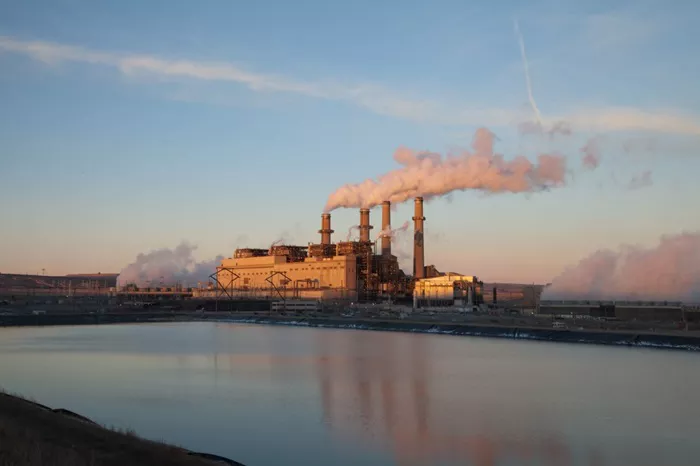A New Mexico appeals court on Tuesday rejected a lawsuit alleging that the state failed to uphold constitutional protections against pollution from the oil and gas industry, the nation’s second-largest producer. Environmental advocates have vowed to take the case to the state Supreme Court.
The three-judge panel ruled that evaluating the adequacy of pollution controls falls outside the judiciary’s authority, emphasizing that the state Constitution assigns the Legislature the responsibility to balance environmental regulation with natural resource development.
The 2023 lawsuit, filed by a coalition of environmental groups, was the first to invoke New Mexico’s 1971 constitutional pollution-control amendment, which mandates the prevention of contamination to air, water, and other natural resources.
“While plaintiffs rightly note that, as the ‘Land of Enchantment,’ New Mexico’s natural beauty is core to its identity, we cannot disregard the long-standing practice of permitting oil and gas extraction,” the court wrote, referencing the state motto. “Our laws, history, and traditions demonstrate that resource extraction must coexist with pollution control legislation.”
Gail Evans, lead attorney from the Center for Biological Diversity, criticized the ruling, calling it a “fundamental misunderstanding of our constitution and constitutional rights.” She affirmed the plaintiffs’ intention to appeal to the state Supreme Court.
“Fifty years ago, New Mexico amended its constitution to protect against industry pollution, yet the court today deemed this amendment—the pollution control clause—essentially meaningless. That conclusion is simply wrong,” Evans stated.
The lawsuit arises amid a surge in revenue from oil development in the Permian Basin, one of the world’s most productive oil-producing regions, which significantly funds state programs including public education.
While Governor Michelle Lujan Grisham’s administration has introduced regulations targeting methane and other emissions, environmental groups argue these measures fall short and that enforcement remains lax.
Representing the Democratic-led Legislature and environmental regulators, attorneys argued that the lawsuit jeopardizes their constitutional authority to manage resource development.
In a separate concurring opinion, Appeals Judge Katherine Wray highlighted further limitations of the pollution control clause, underscoring the judiciary’s constrained role in this matter.


